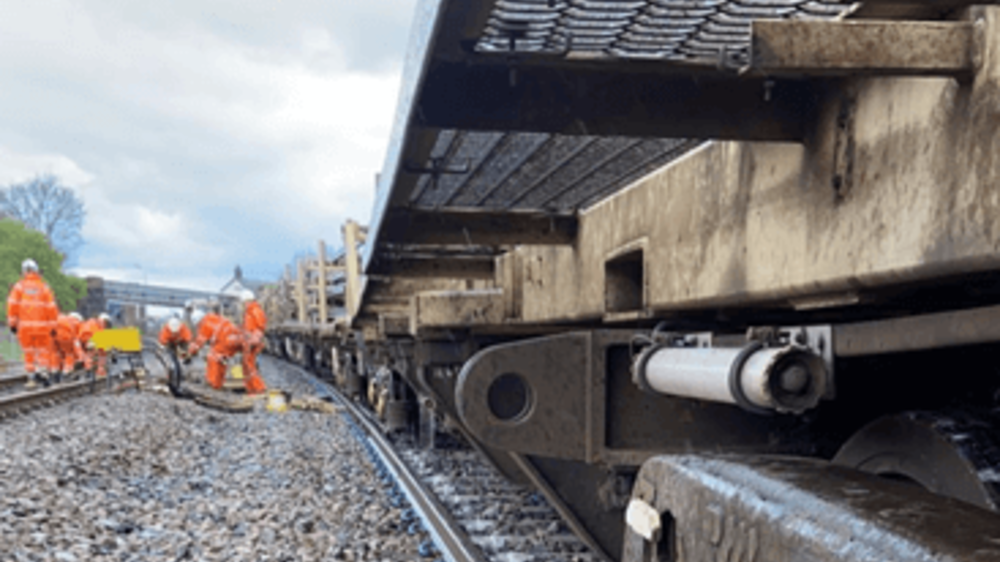NEWS.CATEGORY: Industrial
Network Rail acting in "bad faith"

TSSA said that Network Rail has "jumped the gun", in response to comments made by the company's Chief Executive. Andrew Haines said today that savings and changes are needed in the company.
TSSA General Secretary Manuel Cortes – along with other rail union leaders, industry leaders, including representatives of Network Rail – is involved in discussions at the Rail Industry Recovery Group (RIRG) regarding the shape of our rail industry post-pandemic. The initiative is backed by the Government.
The talks began earlier this year and are in a detailed and ongoing stage. However, today Network Rail’s chief wrote out by email to all staff raising the prospect of changes which are yet to be agreed.
Manuel Cortes said:
"The RIRG is an initiative which is supported by the Government, the Department for Transport and employers including Network Rail. Frankly, these discussions need to be concluded before we can start discussing any company specific proposals as we need industry-wide assurances on a number of issues, including job security for our members. So today's announcement by Haines is really done in bad faith.
"Sadly, it appears Network Rail have jumped the gun. Our response to Haines is clear: we aren't looking for a dispute, but if you don't back off from putting in place proposals that will result in job losses before we have secured agreement on measures to protect our members, you will get an almighty one!"
The email from Andrew Haines, Network Rail Chief Executive:
Dear colleagues,
Many of you will have seen the message issued by the RMT to its members yesterday (18 March) - it raises genuine concerns that I know many of you will share.
The rail industry, and Network Rail, is facing the most serious crisis. Passenger numbers are through the floor and the subsidy being paid by government to keep us afloat is through the roof. We already know that this is not going to be fixed when we get past COVID. The shift to working from home for millions of people will continue to present enormous challenges; fares income from passengers is going to be billions of pounds lower for years to come. So we will have to make savings. The question is, can we work together to get through this crisis?
I know we share a genuine commitment to improve safety, and current systems of work need to be safer for everyone to go home safe every day. The Trades Unions have recognised, like us, that change needs to happen. A decision to stay as we are is untenable.
We want to work with colleagues to deliver a railway that is affordable and safe, and we have committed to working with the Trades Unions to do this. We intend to do our best to agree with the Trade Unions a way forward that will deliver employment security, improved conditions, a safer and sustainable railway.
Our next step is to talk to you and our unions about how we will make proposed changes. We are planning a special Business Council with union representatives on 24 March. In that meeting we will agree the best way forward and share our thinking with the national and area councils.
We are keen to set up any other arrangements to help us reach agreement with the unions such as a union summit and workstreams to find ways to agree and deliver the change.
The RMT messages this week include early thinking about possible solutions and are not formal plans. I want to reassure you that any proposed changes will be openly and honestly communicated and fully consulted, with every effort to reach agreement. We don't have all the answers or all the solutions yet. Our plan is to test ideas, talk with you and your Trades Union representatives and work out together how we respond to the safety and efficiency challenges we face. We will never make changes that make you less safe.
We want to involve you. We recognise this will be tough for every one of us and that we will need to build trust if we are going to make this work. I hope we can support each other to do this as it will be worth the effort.
Thanks,
Andrew.
